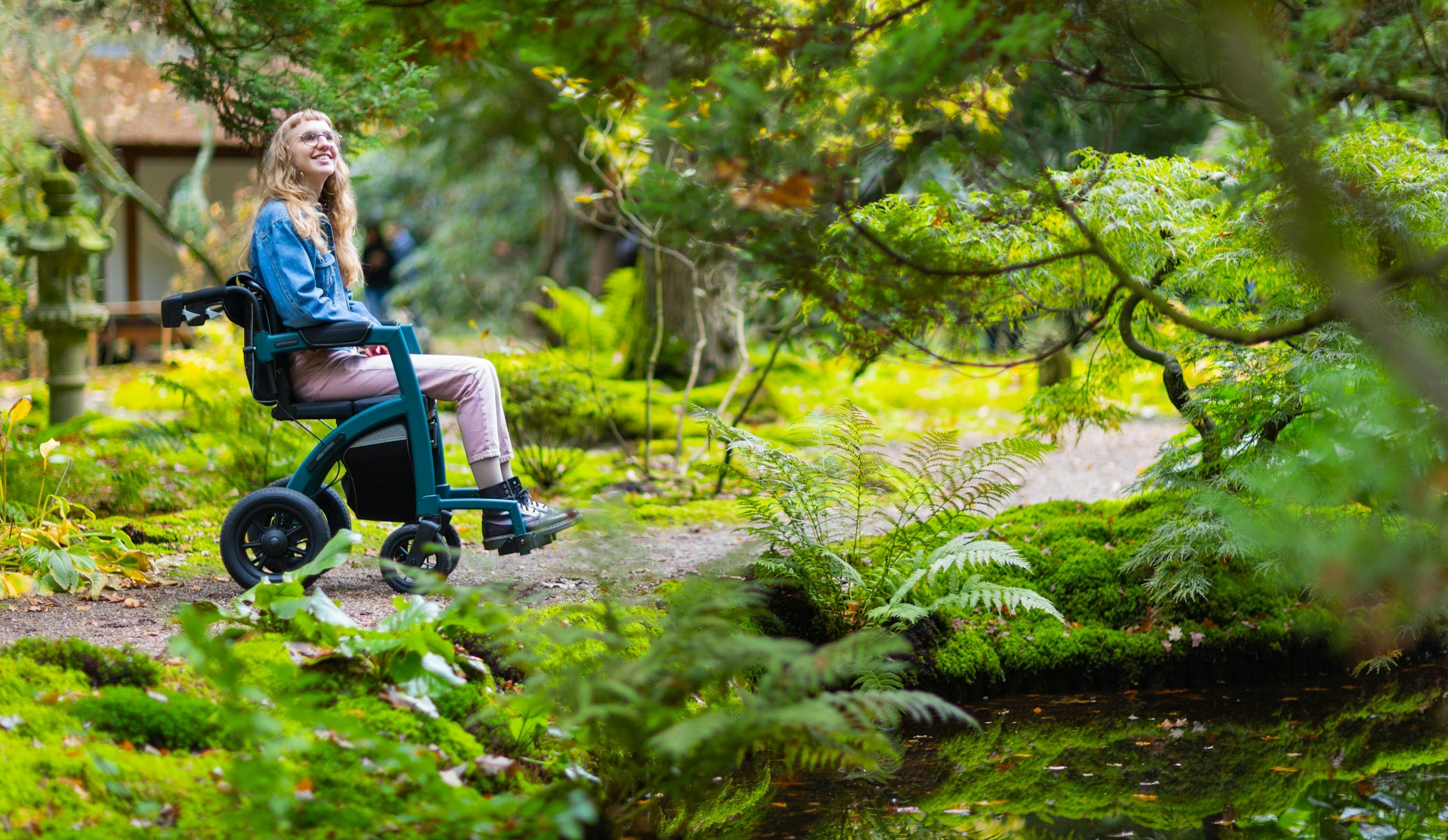
Pleasure Heals
Our offerings are inclusive to people of all abilities
The ability to engage in conscious conversations and sensuality around intimacy, healthy relationships, consent and boundaries are a fundamental aspect of human life, and people with disabilities are no exception. Intimacy can encompass various forms, including emotional intimacy, physical intimacy and sensuality and sexual expression. For people with disabilities, the need for intimacy, healthy relationships, consent and boundaries can be particularly pronounced, and include requirements for human connection, self-esteem and identity, quality of life, wellbeing, social connection and sexual health. Intimacy and sexual exclusion may result from mental and/or physical conditions which make desirable intimate relations difficult to attain without social support. At Pleasure Heals we are committed to providing social support.
Research refers to several problems affecting people with disabilities, including: residing in controlled environments; coercion from parents, caregivers or partners; and, a lack of information, time to make decisions, and support from significant others (Wittrock, 2023). This difficulty in attaining intimate relations can be exacerbated in regional and remote areas of Australia, particularly in low socio economic regions. Similarly, many women with a disability can be further disadvantaged and not equipped with capabilities for successful intimate relationships.
Many of the 4.4 million people in Australia with a disability find intimate relationships and dating difficult to navigate. In Australia, Commonwealth, State and local governments recognise the importance of addressing the needs of people with disabilities, including their need for intimacy and sensuality. The Australian government has prioritised disability rights and inclusion through various policies and initiatives, such as Australia's Disability Strategy and the National Disability Insurance Scheme (NDIS). These efforts aim to promote the rights of people with disabilities, including their right to sensuality, relationships, intimacy, and sexual health. Organisations and advocacy groups in Australia also work to raise awareness about the importance of intimacy for people with disabilities and advocate for policies that support their rights. These efforts are crucial for ensuring that people with disabilities have the opportunity to experience intimacy and relationships on their own terms, just like anyone else.
At Pleasure Heals we support people with disabilities and/or mental health issues through inclusive conscious sensuality services and workshops that promote learning, healing, growth and connection. We support people with disabilities to participate in the community, reduce the risk of isolation or discrimination, and to work towards becoming or remaining independent and engaged in society.
We are committed to working collaboratively with NDIS participants, care-givers and support workers to:
1. Understand and identify each individuals specific needs regarding conscious sensuality;
2. Offering workshops and experiences with care and attention; and,
3. Linking participants and support teams to services appropriate to their needs.
We are committed to working collaboratively with relevant Commonwealth and State Government Departments (including Victorian Department of Health Department of Families, Fairness and Housing), Local Government Authorities, NDIS networks, disability advocacy organisations (eg. Regional Disability Advocacy Service Ltd) and, not-for-profit disability support organisations (eg. Yooralla). We also striving for continuous improvement and meeting fundamental outcomes for participants - enhanced accessibility in community and connection to self.


